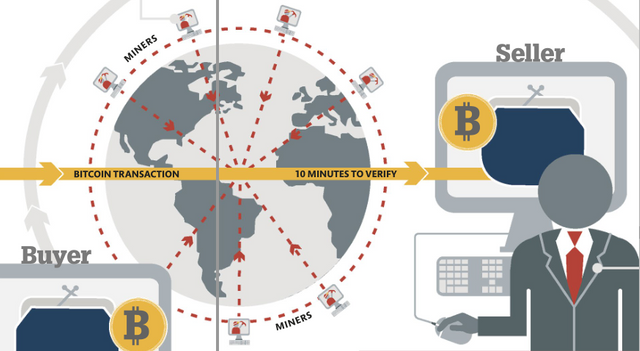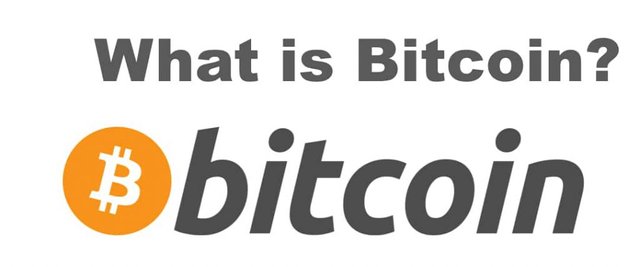What is Bitcoin ? How it's Work ?
BITCOIN
Bitcoin and other cryptocurrencies are generated online. They can be transferred directly from one person to another across the internet, or bought with and sold for conventional currency.
How it works
Launched in 2009, Bitcoin was the first ever cryptocurrency and is still the most widely used. Unlike conventional
currency, which is backed by the state, a bitcoin is based on cryptography, a system that creates mathematical
codes to provide high levels of security. This makes it almost impossible for anyone to spend funds from another
user’s digital wallet, or to corrupt transactions, as each transaction needs to be verified by other users. This is done by users transforming it into a piece of unique digital code using open source software. Users who verify transactions are rewarded with bitcoins. Coins can be traded on digital exchanges or by individuals.
A bitcoin transaction
Bitcoin users first set up a virtual “wallet,” downloaded from various online providers. This acts like a highly secure online bank account for sending, receiving, and storing bitcoins. When bitcoins are moved from one wallet to another,
individuals in the Bitcoin network, called “miners,” compete with one another to be the first to verify the transactions. Once verified, the funds will appear in the recipient’s Bitcoin wallet. Transactions are sometimes free but usually buyers pay a small fee of about one percent, which is distributed among the miners
1. Buyer pays seller for item
A buyer pays a seller in bitcoins using an online transaction form, stating the wallet of the recipient and the amount to send. The transaction becomes visible to the buyer, and to everyone on Bitcoin’s network. It contains a secret code
called a private key, showing which wallet it is from. It is grouped with other transactions from a set period into an encoded list called a “block.”
2. Mining for bitcoins
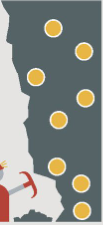
To prove that the transactions contained in the block are legitimate, and do not contain coins that have already been
spent elsewhere, bitcoin miners use computer programs to solve the complex mathematical puzzles protecting the
block. The first miner to do so is rewarded with new bitcoin—this is how currency is issued—and the block joins the blockchain.
3. Blockchains
The blockchain is a bit like a public ledger that can be viewed online. Each verified block is added to the previous
one. As the “hash” or signature of each file is generated using part of the previous block’s signature, it timestamps each
transaction. This makes them very difficult to tamper with.
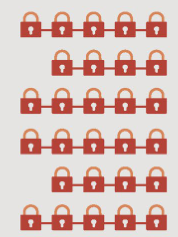
4. Bitcoins arrive for use
Once bitcoins arrive in the seller’s account, they can be used to make purchases through a retailer, or sold through an
exchange or directly to an online buyer. Using websites such as LocalBitcoins.com and Meetup.com, users can make
face-to-face transactions, bringing their digital wallets (on a mobile device) to make the trade.

WHY BITCOIN IS SO SECURE
As all transactions must be verified, it is difficult for individuals to tamper with the system. If an attacker does attempt to interfere with a transaction in the blockchain, it will change the resulting hash and invalidate all following blocks.
In addition, as users are only known by a public key, transactions can be kept anonymous.
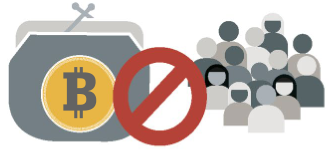
10 MINUTES TO VERIFY BITCOIN TRANSACTION
